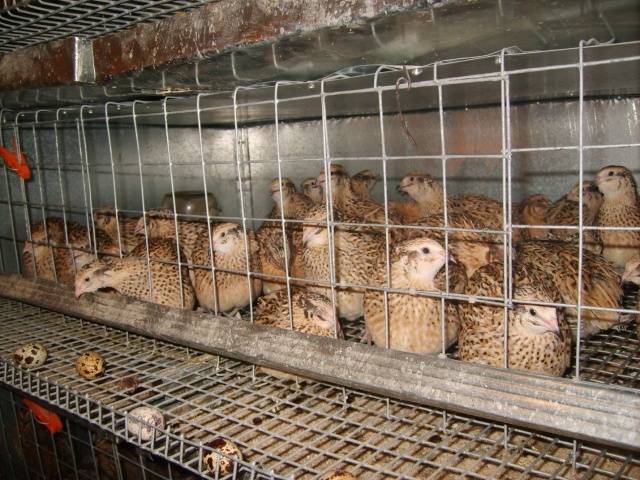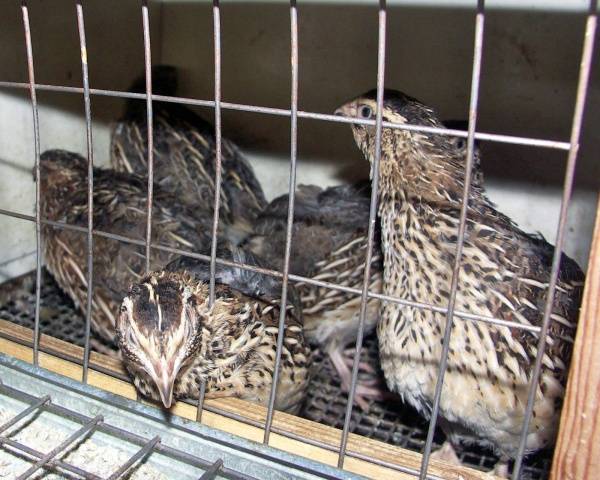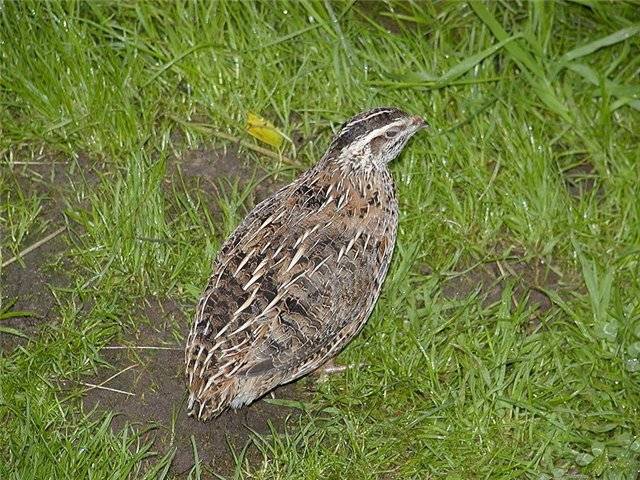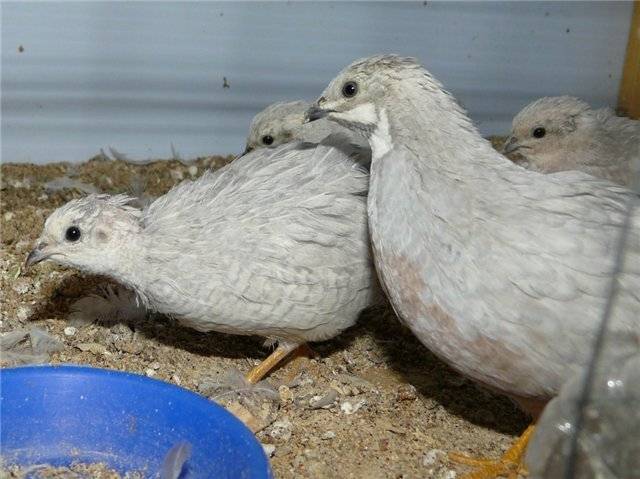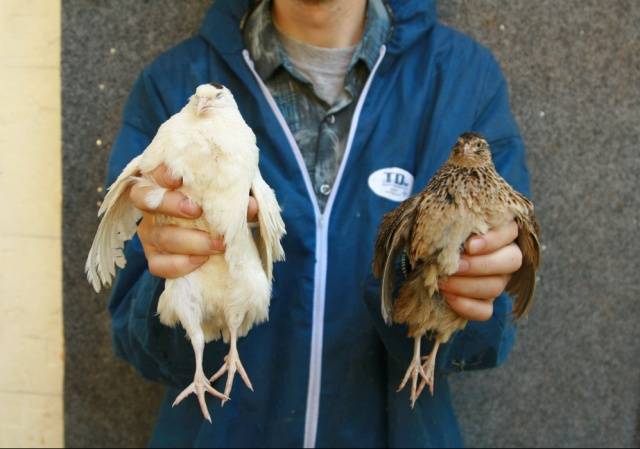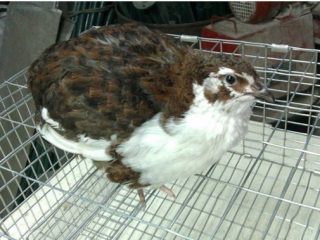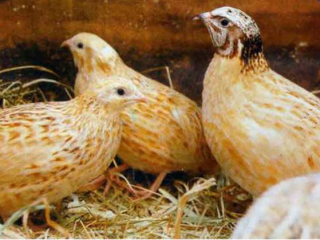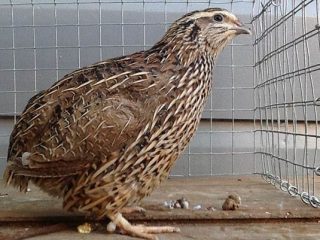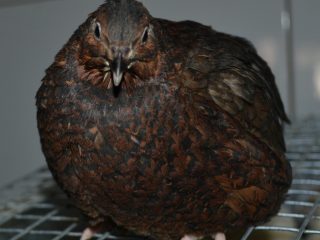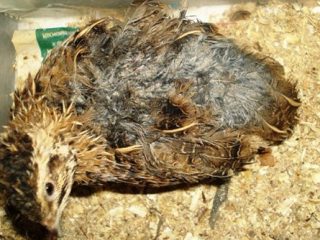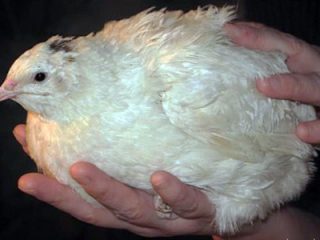Content
The ability to distinguish a female quail from a male is very important. Especially if the owner breeds quails for eggs. In this case, it is imperative that there are more “girls” than “boys” in the herd. So that you can properly form a herd, use the tips outlined in this article. How to distinguish quails: females from males.
Differences by gender
Accurate sex determination based on primary characteristics is possible when the bird reaches 3 weeks of age. It is at this age that the final formation of plumage occurs in quails and sexual maturity begins. Before puberty, indirect signs help determine gender. So, males are less active. Chickens are more active and restless.
According to statistical data, the probability of the birth of male and female individuals is approximately the same.
After the onset of puberty, the sex of birds is quite recognizable by their plumage:
- Chickens are more variegated in color; the feathers on the breast are colored with numerous black dots. The chest plumage of males is monochromatic;
- The plumage on the head of a cockerel is more contrasting than that of females;
- The beak of the quail is somewhat darker than that of the quail, and the areas of the cheeks and crop, in “boys,” on the contrary, are painted in a lighter color.
Accurate sex determination by color is possible for the following breeds.
- Estonian.
- Pharaoh.
- Manchurian.
- Japanese.
The differences are so obvious that there is no need to wait until sexual maturity and examine the bird's cloaca. So, how to determine the sex of quails.
Body type
Males have a larger beak and head than females. Chickens are more gracefully and proportionally built. Moreover, females are larger than males and weigh more.
Voice
If you are dealing with solid-colored breeds, then it is difficult to recognize the sex of the bird by the color of its plumage. But the “singing voices” of males and females are different. From the age of one and a half months, quails sing. Of course, the quail is far from an oriole and not a nightingale, but the females emit a very pleasant melodic whistle. As for the male, his quail “trills” cannot be called pleasant. It's a loud cry, nothing more.
Secretory glands
Determining sex by secretory glands is the most reliable method. In chicks, the secretory glands are underdeveloped, so it is difficult to determine their gender based on this characteristic. The algorithm for determining the sex of quails for adults is as follows.
- Take the bird in your hand and turn it over with its paws up;
- Spread the plumage at the cloaca;
- A smooth surface of a dark pink hue without a tubercle indicates a female. “Boys” have quite noticeable bumps in this area. If you gently press this growth with your finger, a foamy, light-colored liquid will be released.
Differences in external features
How to distinguish cockerels from hens and quails for “colored” breeds? Beginning poultry keepers are wary of breeds whose plumage color is almost identical. These breeds include:
- English quails (black and white).
- Marble breed (mutation of Japanese quail).
- Tuxedo breed.
Although experienced poultry farmers distinguish between females and males by the color of their plumage. Let's look at the differences between boys and girls using white English quails as an example. Practice shows that there is nothing complicated here.
English Quail: Females
Females are much larger than males and have elongated bodies. Near the cloaca, the skin of chickens is bluish (in males it is pink). As for the females English black quail, then their skin near the cloaca is dark in color, and the cloaca is pink and quite wide. In addition, a chicken's pubic bones diverge widely to the sides.
English quail: males
“Boys,” as befits men, often arrange “duels” and fight among themselves. The sounds they make, to put it mildly, are not pleasing to the ear. Moreover, you do not need to wait for the male to “sing.” Males sing almost all the time they are awake. The lead singer begins to shout, and the entire male company supports him. Thus, you can “detect” even immature individuals.
The same applies to sex determination in all breeds, where males and females are colored approximately the same.
Conclusion
So, here are the main directions in determining the sex of quails.
- Males are brighter than females. Their cloaca is bright pink, while in females it is bluish.
- “Boys” make a sharp cry, while “girls” “whistle” quite melodiously.
- Near the cloaca, males have a gland with a whitish secretion.Females lack this gland.
The video shows the process of determining the sex of quails in great detail:
The practical tips outlined in the article will help you accurately determine the gender of your feathered pets. Follow a certain algorithm, and errors will be eliminated! After all, the female supplies the owner with eggs for quite a long time. And adult males will replenish your table with delicious dietary meat.
